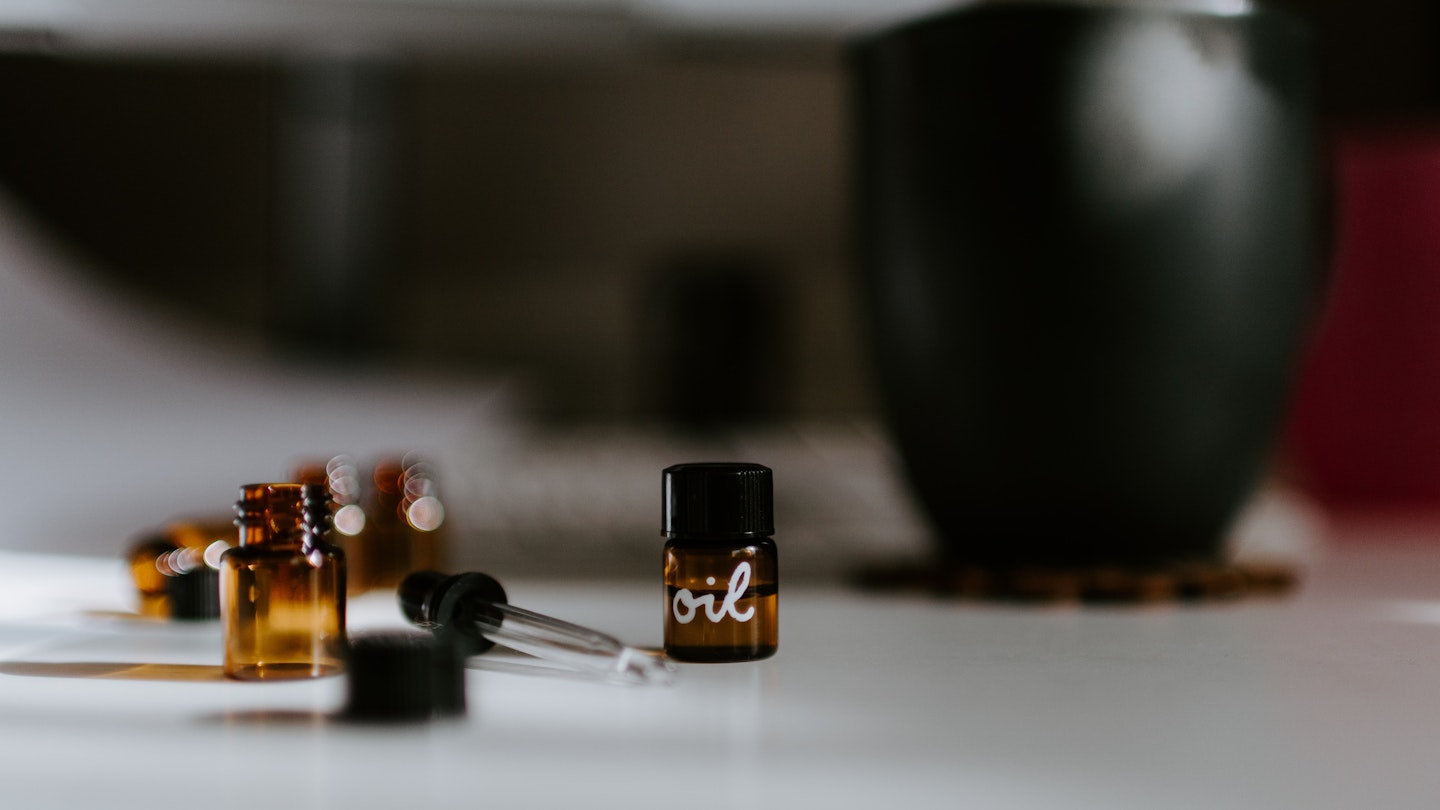‘Non-comedogenic’ is a bit of a mouthful for a fairly straightforward term. It’s used within the beauty industry to describe products that will not block pores and cause comedones. ‘A comedone is a blocked hair follicle in the skin,’ explains aesthetic doctor, Dr Sophie Shotter. ‘A closed comedone is commonly known as a whitehead (there is a layer of skin sealing the comedones), and an open comedone is a blackhead (the surface of the comedone is open and the contents have oxidised making it look black).’
According to research and clinical trials, certain products that contain comedogenic ingredients can, in fact, cause comedones and exacerbate acne further. Therefore, to keep spots at bay, it could be worth investing in a non-comedogenic skincare routine. We’ve spoken to the industries experts to find out more…
What is non-comedogenic skincare and make-up?
‘Non-comedogenic products will not contain any ingredients that clog pores,’ explains Shotter.
There are, however, no industry standards or regulations. ‘As with many of the terms within the skincare space, like ‘clean beauty’, ‘natural’ or ‘hypoallergenic’, there are no uniform criteria to determine how comedogenic a product is,’ says Dr Ukeleghe, Founder of SKNDOCTOR. Therefore, despite what the label claims, the product may still clog pores and cause blemishes.
Paula Begoun, otherwise known as ‘The Cosmetics Cop’ and founder of Paula’s Choice skincare, advises on her website that as a general rule - the thicker the product, the more likely it is to be pore-clogging.
What comedogenic ingredients should I avoid?
As well as opting for lightweight textures, it’s worth looking out for specific ingredients, too. ‘Non-comedogenic products will usually be free of oils (although there are some non-comedogenic oils), ispropyl myristate and its derivatives, propylene glycol 2 myristyl propionate, lanolins and D&C red dyes,’ says Shotter. ‘These ingredients have all been tested in a laboratory and found to have a propensity to clog pores.’
As well, ‘thick oils and butters tend to be comedogenic culprits, so specifically - coconut oil, cocoa butter, and wheat germ oil,’ says Ukeleghe.
Should we invest in non-comedogenic products?
‘Oily, sebhorraeic and acne prone skin types should definitely use non-comedogenic products,’ recommends Shotter. ‘This is because they produce high levels of natural oils in the skin and we want to encourage that to not become trapped in the pores rather than blocking it in.’
‘Even if you’re not prone to break outs, comedogenic products will still block pores and may cause the appearance of small bumps under the skin. And these are not desirable for anyone investing in their skincare.’
However, if you are dealing with dry skin, Shotter says that comedogenic products may be well suited to you and will help your skin to hold onto more of its natural oil.
What are the best non-comedogenic products?
Pro Make-up Artist, Cher Webb, who has used so many products on so many skin types swears by Dr Sam Bunting’s Skincare range as all of her products are fragrance-free and non-comedogenic. ‘The Flawless Moisturiser, £25, is a gel-cream consistency that instantly absorbs into the skin, it feels so fresh and comfortable to wear. At a lower price point the CeraVe Moisturizing Cream, £16, is a game-changing daily cream that is suitable for everyone.’
Over on make-up, she recommends Clinique, Bare Minerals and Laura Mercier which are either all non-comedogenic brands or they have a great selection of best-selling non-comedogenic products within their ranges. ‘The Clinique Anti-Blemish Solutions Liquid Makeup, £28, is packed with acne treating ingredients like salicylic acid so helps heal your skin as you wear it.’
Non-comedogenic skincare and make-up
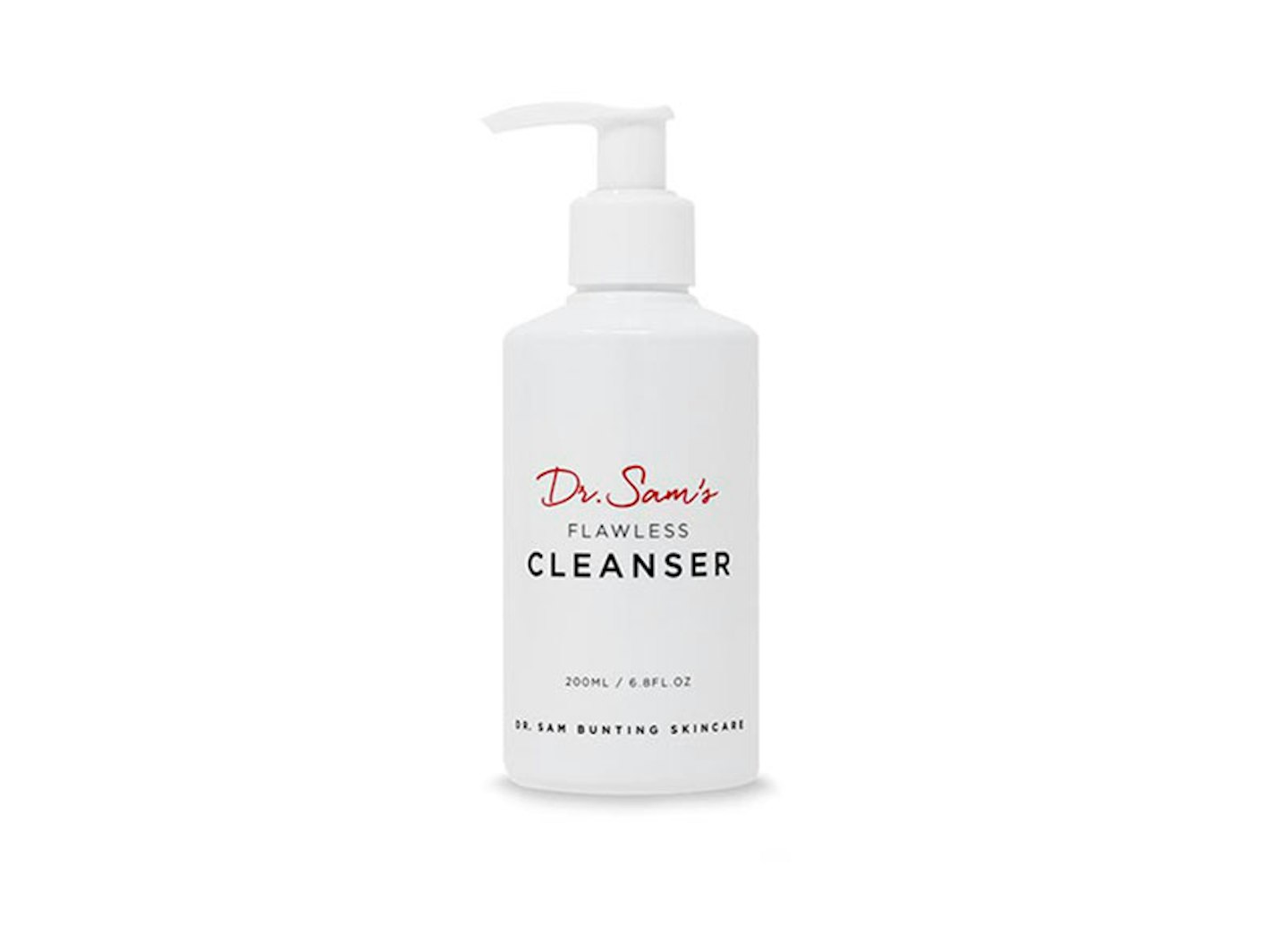 1 of 5
1 of 5Dr Sam Bunting Flawless Cleanser, £16
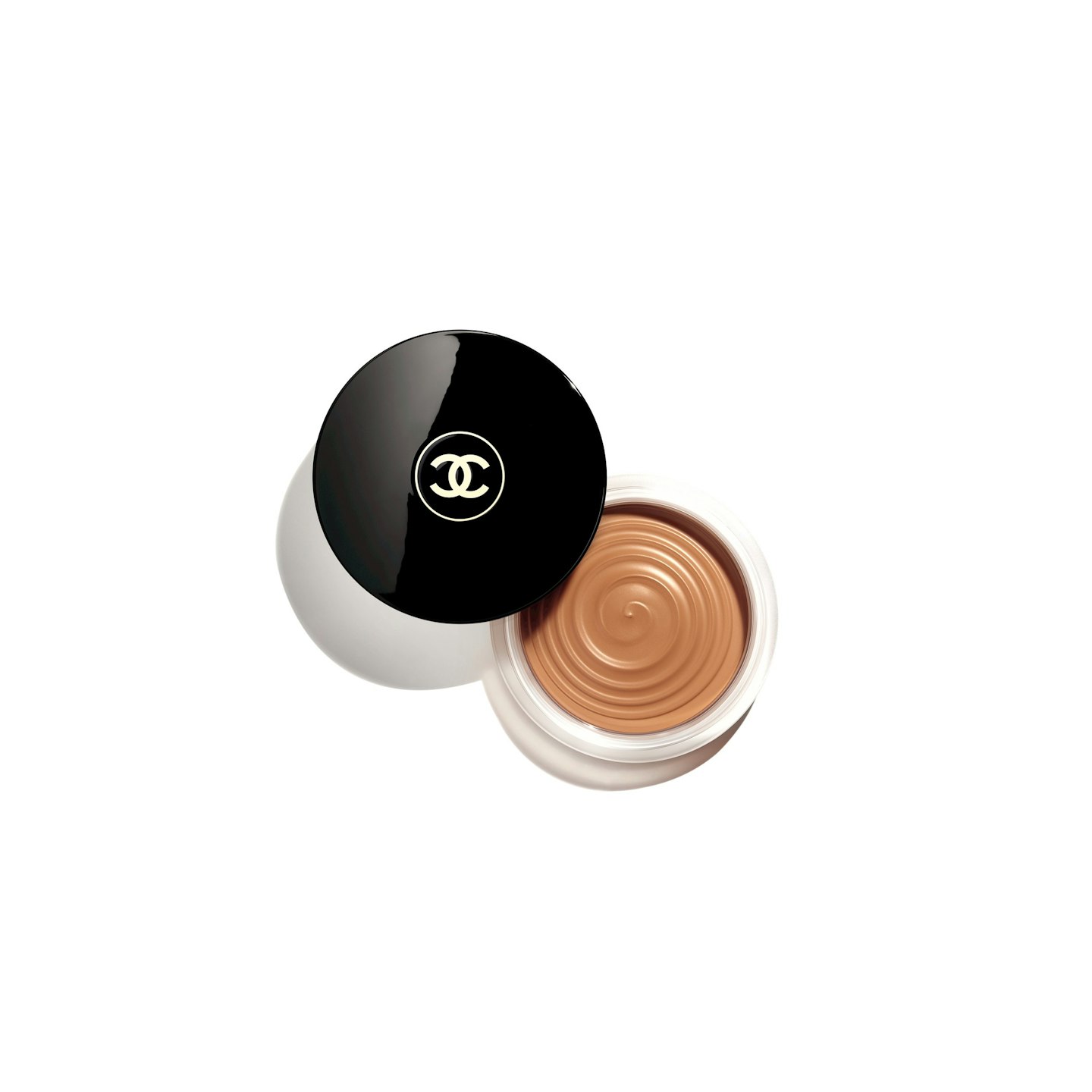 2 of 5
2 of 5CHANEL Les Beiges Healthy Glow Bronzing Cream, £42
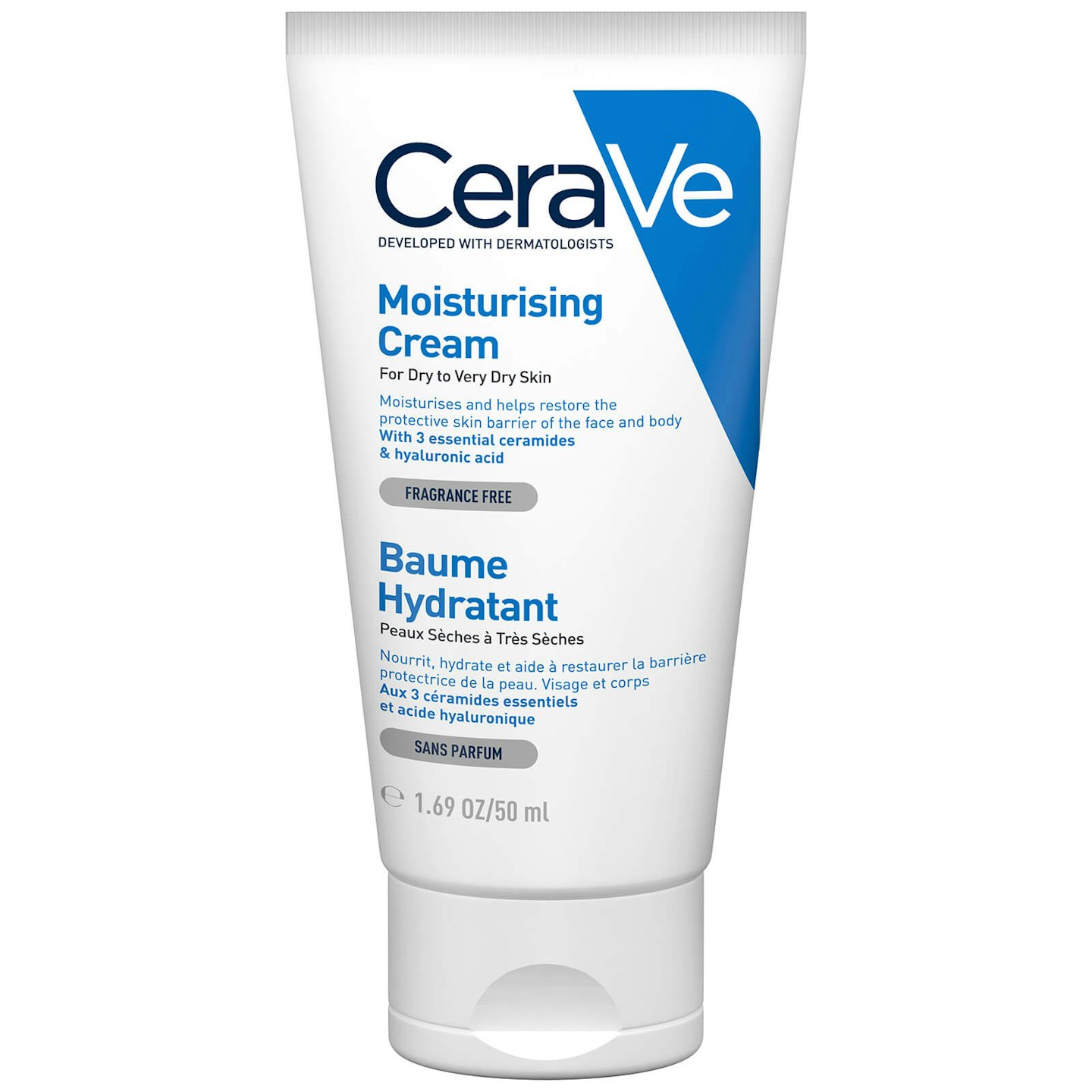 3 of 5
3 of 5CeraVe Moisturising Cream, £4
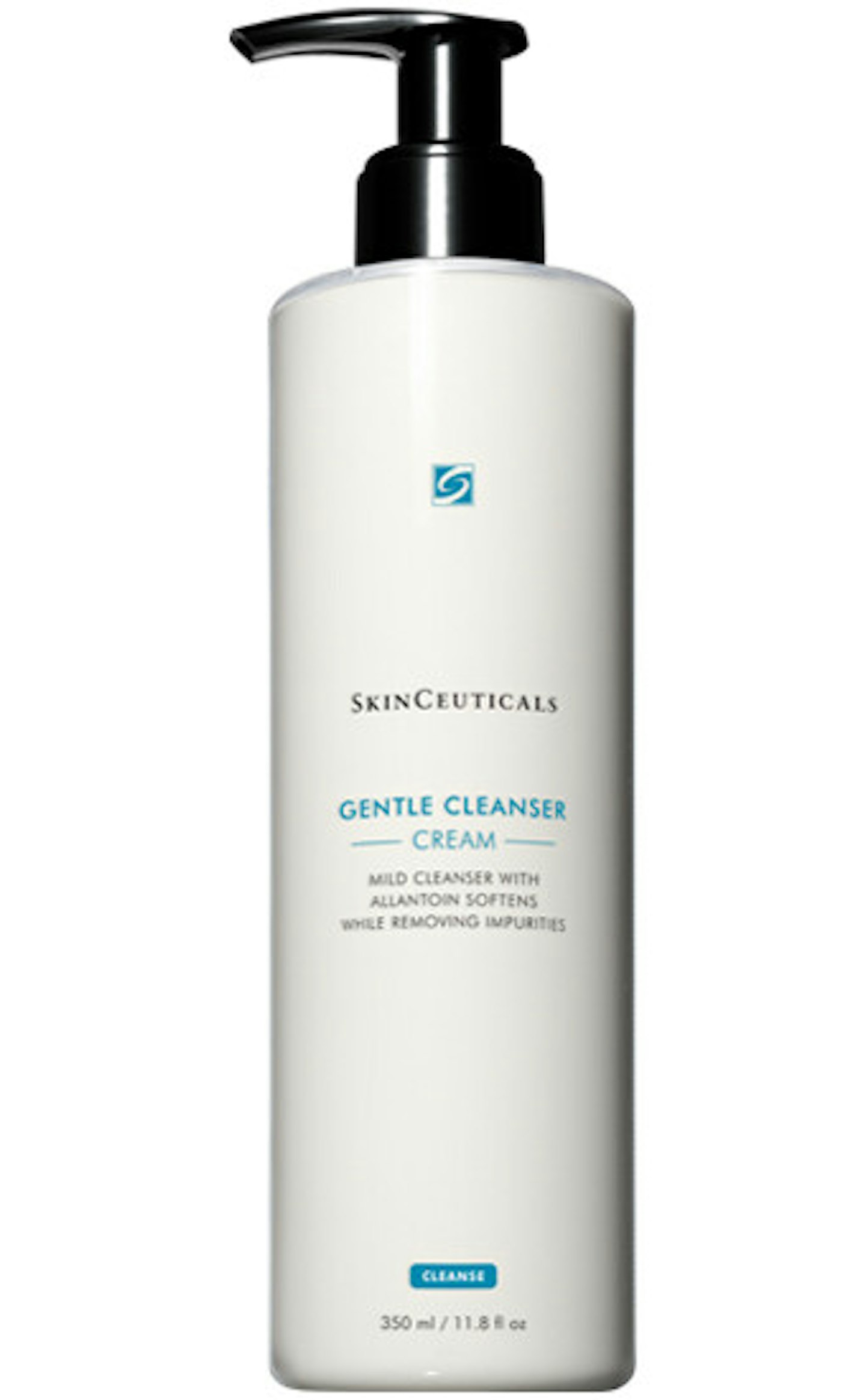 4 of 5
4 of 5SkinCeuticals Gentle Cleanser, £35
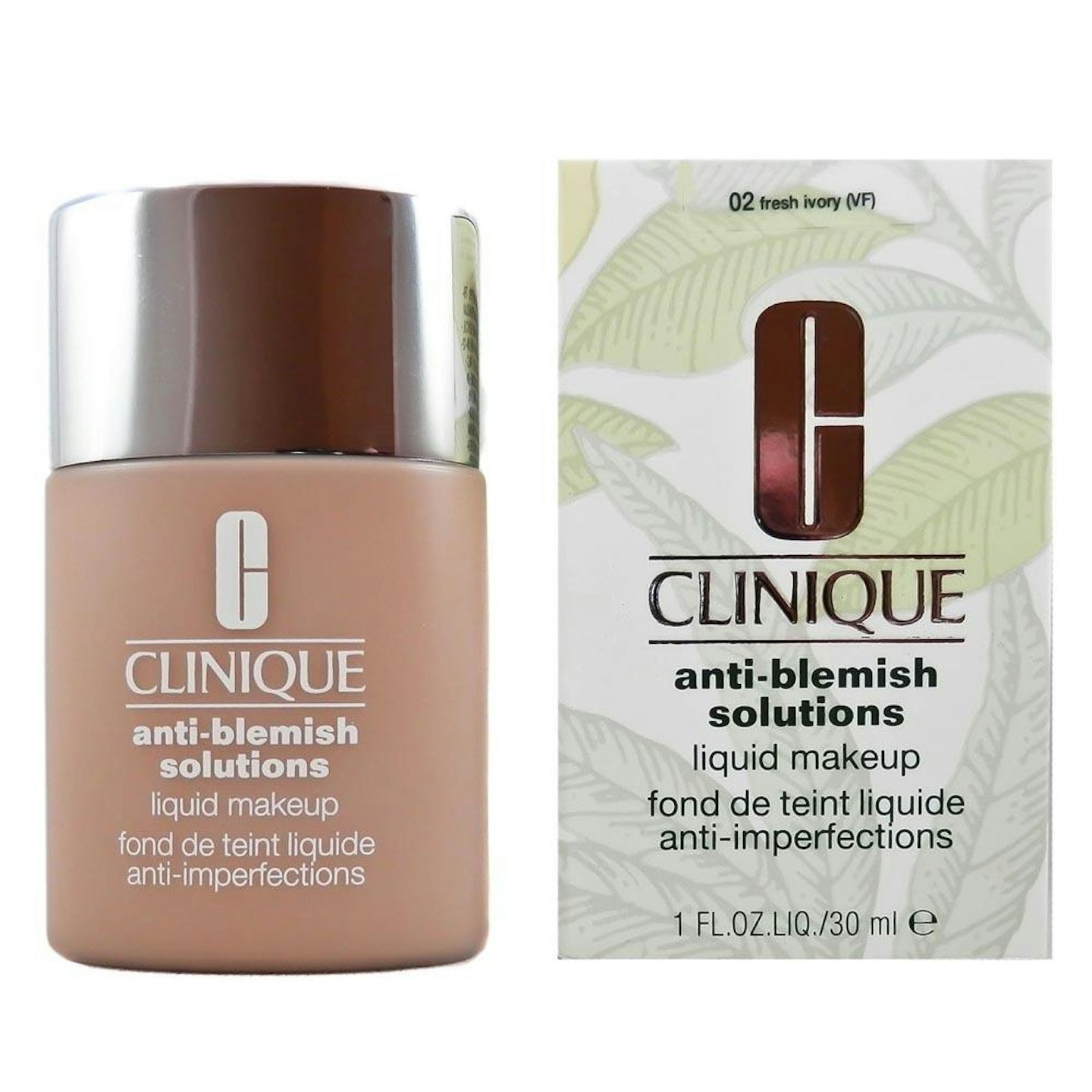 5 of 5
5 of 5Clinique Anti-Blemish Solutions Liquid Makeup, £28.50
READ MORE: Beauty Lingo Decoded: What Is A Paraben-Free Product And Should We Be Using Them?
